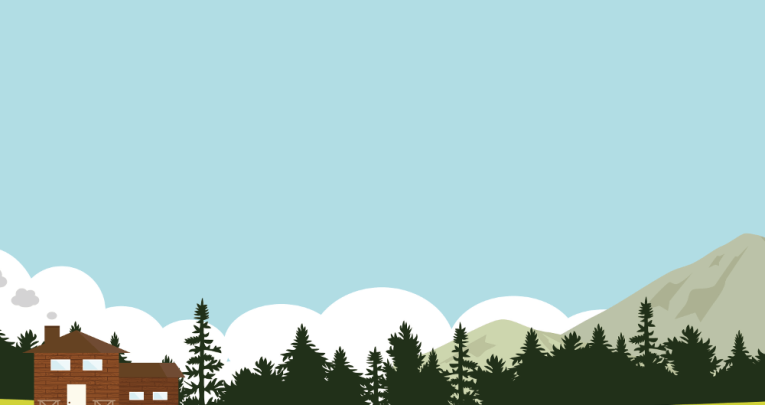Residentials and mental health – Being outdoors is great for the mind

Steve Anderson outlines the mental health benefits that students and teachers can get from learning through adventure…
Most of us are aware of the benefits that spending time outdoors can have for our physical health, but less apparent are the wonders it can do for our mental health.
Studies have variously shown that connecting with nature can contribute to reduced levels of anxiety, stress and depression, and that activities ranging from insect-spotting on a nature walk to a more adventurous forest camping trip can lower levels of cortisol, allowing both mind and body to become more relaxed.
Young people are facing more pressures than ever before. The importance that social media and technology plays in many young people’s lives can be the cause of multiple added stresses in relation to their confidence and sense of social acceptance.
Spending time outdoors, learning new skills, being with friends, taking time out from the daily routine and having space to talk about how you’re feeling can have real benefits for mental health.
A sense of belonging
Residential schemes provide a wide range of opportunities for both students and teachers, not least the chance to pick up skills that can later be adapted for, and applied to lessons back at school.
One such skill that students can expect to explore thoroughly is teamwork.
The ability to work with others is one that’s valuable in all aspects of life – as your students will probably already be aware, having made friends at school or participated in sport.
It’s vital in most workplaces and provides us with a sense of belonging that’s critical for our wellbeing.
Being in the outdoors also lets young people explore different ways of building up their confidence. For some, the thought of abseiling down a wall might immediately conjure up feelings of anxiety – but situating yourself in a supportive, outdoor environment can provide a means of tackling these feelings.
If one person on a team is feeling anxious, it’ll be in the team’s interest to help get them through it. It’s within such challenges that we can create formative experiences for young people, from which they can learn strengths they never knew they had.
Resilience is another trait that young people are having to build up quickly, due to those aforementioned pressures.
Residential experiences let children and young people enter into new and sometimes challenging situations – maybe an activity they’ve never tried before, or a set of social circumstances in which they’ll need to make new friends.
Learning how to deal with and overcome such challenges will equip them with greater confidence when facing similarly difficult situations in future.
A position of trust
Taking lessons outdoors can also be hugely helpful for teachers. Outside the restrictions of a classroom’s four walls, there can be more scope for ideas and a chance to think more deeply about what their students should be learning.
Beyond that, adults can have confidence issues too.
Taking part in outdoor activities will place teachers, and particularly NQTs, in a position of trust in what’s likely to be an unfamiliar environment. Should they feel out of their depth at any point, the site’s activity leaders will be able to take the pressure off and show the teachers a thing or two.
The point of a residential is to feel more connected as a group and less alone. And that includes teachers.
Residential school trips can ultimately bring about positive, long-term changes for pupils and teachers, both in and out of the classroom.
We must recognise that well-planned residential trips, run by experienced organisations, are something all schools should be taking part in.
Steve Anderson is head of activities at the outdoor learning provider, Kingswood; for more information, visit kingswood.co.uk or follow @kingswood_. Kingswood is a fundraising partner of the charity YoungMinds, which provides mental health support to children and young people; find out more at youngminds.org.uk.










